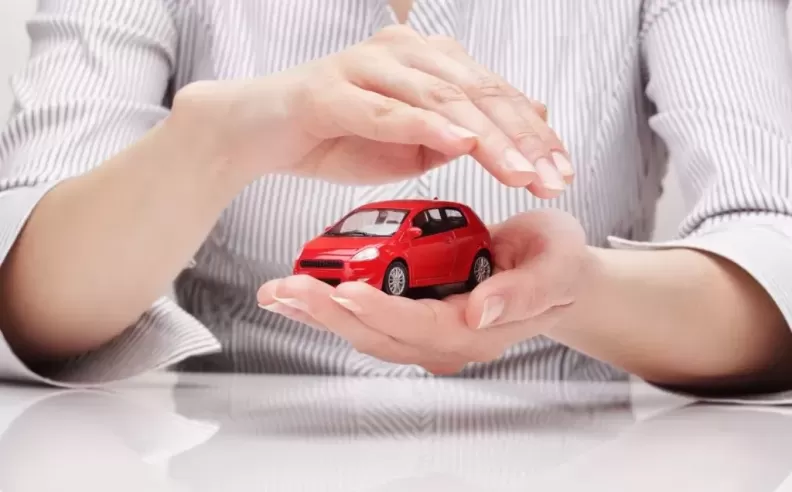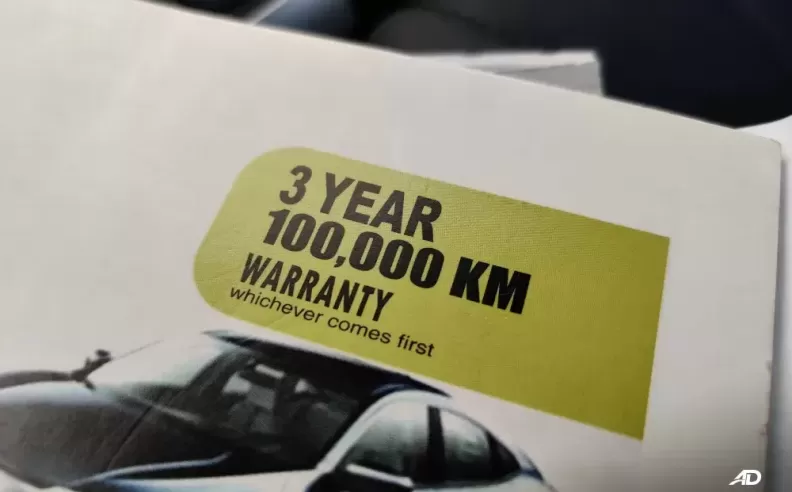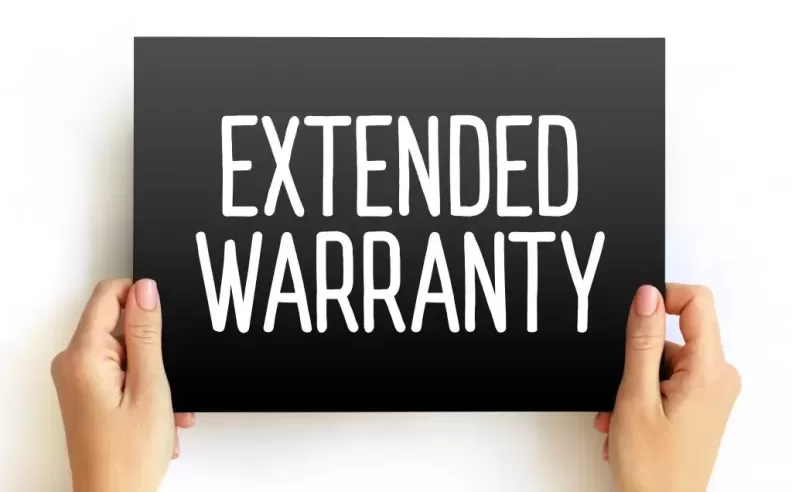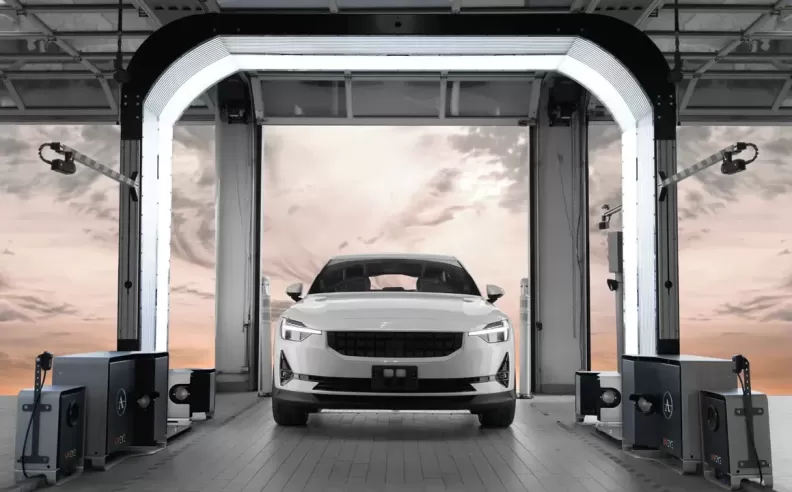
Buying a car from a dealership is such a hard decision. This decision would cost you a lot in the future if you don’t take it in a right way. If you’re planning nearly to buy a car, you must know what a warranty is because the latter will save you some money for the next few years, and it will help you keep your car in good health to preserve its resale value. Here are things you must understand before buying a car, whether it’s brand new or used.

There’s a difference between a new car warranty and extended warranty. A new car warranty is a contract between the dealership and the buyer that will guarantee the latter a vehicle service and agreement from the manufacturer to fix any broken parts due to a defect or imperfection in the manufacturer’s build quality. However, when you buy a used car from the dealership, the latter extend the warranty of the used car (if its original warranty has expired) to cover repair costs for an extended duration of time and mileage.

A bumper-to-bumper warranty, also known as comprehensive warranty, is another kind of warranty that covers nearly everything placed between your car’s two bumpers. Well, does it actually cover everything? The funny thing is that the warranty doesn’t cover the bumpers themselves because warranties don’t include body parts. As I mentioned it only covers broken car parts due a defect in build quality.

The warranty period, based on my family and my experience with our new car, is something tricky but important. The warranty period is when the dealership tells you that they will cover the cost repairs for a specific amount of time or mileage range. Sometimes you read on advertisement panels of car models: 5 years/ 100 000 km, for example. It means that the dealership will cover the cost of repairs for 5 years or 100 000 km of maximum range driven in your car. What’s tricky about warranties is that you have to know what your warranty covers exactly, and you have to know your rights and obligations. Also, they say that longer warranty periods mean more reliability, and if you think about it, it’s kind of logical.

Why would the manufacturer pay more (and for more years) for your car repair if they don’t know that their car is reliable and won’t cost much? Some manufacturers even provide warranties with longer mileage range (or even unlimited mileage), and this means that they don’t even worry about their cars breaking down. So basically, your warranty period means that from the day you buy the car till the day X after X years (depending on the warranty) or after a specific mileage (whatever comes first), your dealership will cover the cost of repairs between now and then free of charge if you abide by the rules.
Basically, when you have a warranty, your dealership will fix your car for free, but is it actually for free? Why would they fix my brand new car? You will start asking yourself these questions. You shall abide by some rules in order to benefit from the warranty.
You must fully understand what the warranty conditions are. For example, you must not modify your car before the warranty period ends. When modifying, it means you’re messing with the original parts, so the warranty won’t cover the costs of repair if anything happens. When you don’t do the regular car maintenance and service, you are hindering the powertrain, so the warranty won’t cover any cost service. Even sometimes changing tires might void the warranty, but that depends on where you live. It also depends on if you’re changing the tires size or the original rims to something bigger or smaller.
Warranty basically covers the major components of your car, such as the engine, the suspension system, the transmission… but why would your new car break? I told you, you shall know what your warranty covers. Don’t you think it covers your service costs, like the oil change, wipers change, tires...
Some warranties might include offers, like free oil change for a specific amount of time, but those offers don’t always come with warranties, and not with all warranties. So, yes, warranty doesn’t really help you much, unless there’s any defect, malfunction, or broken part caused by the manufacturer’s bad build quality. Everything else is on you, and I mean the service and maintenance.
Hani started his career in Automotive Journalism when he was 10 years old as a talented photographer for automotive, hanging around cars all the time has created a passion for the automotive industry since day 1.
He is now a full time auto journalist and content creator for Motor 283.

